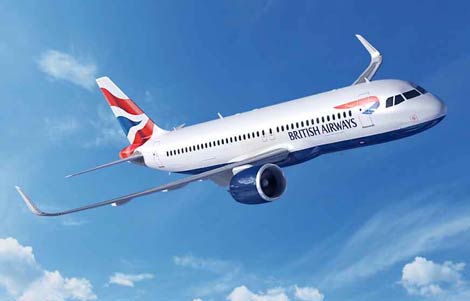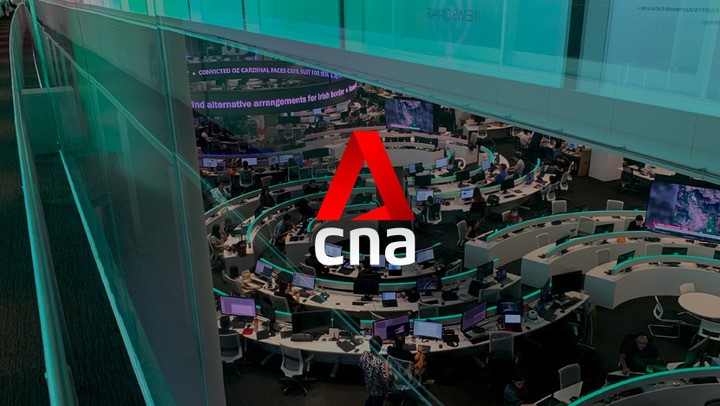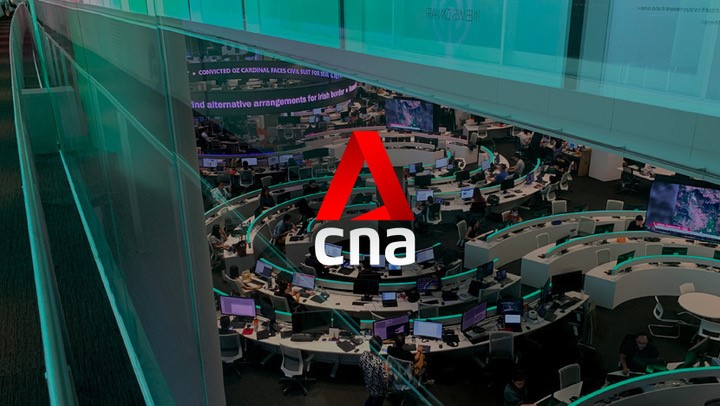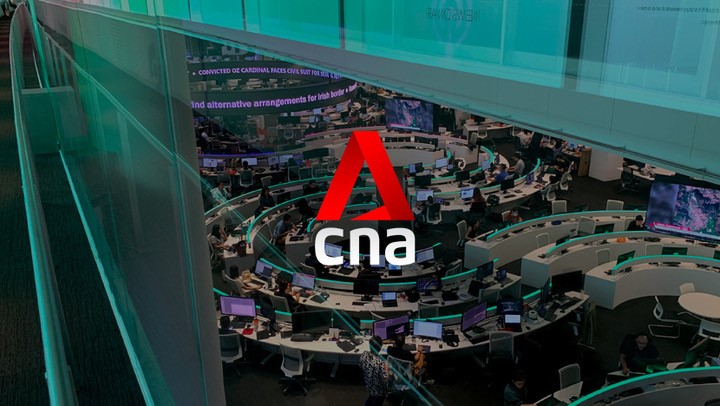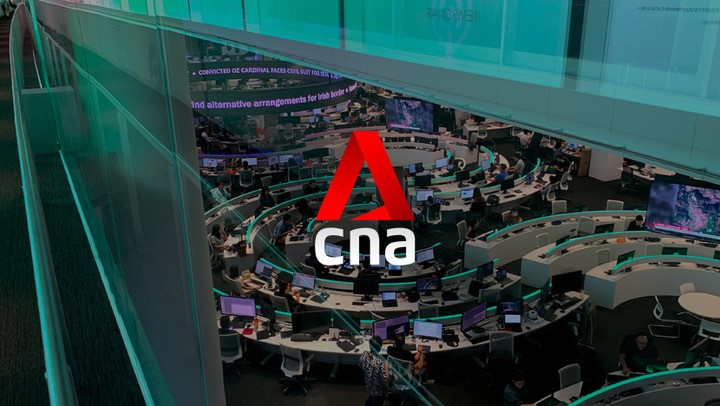Airlines can look forward to continuing low oil prices for at least this year, helping to boost profits and drive demand for travel, but need to be wary of a swift rebound and focus on staff costs, experts said at a conference on Monday.
Low oil brings non-fuel costs at airlines into the spotlight, and highlights the difference between legacy carriers such as Lufthansa and Air France-KLM and low-cost airlines like Ryanair, analysts said.
Oil prices hit their lowest since 2003 on Monday, as the market braced for additional Iranian exports after sanctions against the country were lifted over the weekend.
Mike Corley, head of Mercatus Energy Advisors, said at the Airline Economics conference in Dublin he would not be surprised to see oil prices drop by another US$5-US$10 a barrel, but cautioned that prices could bounce back quicker than people expect.
IAG CEO Willie Walsh, lauded for cost-cutting at British Airways and Iberia, said the group would continue to focus on costs in 2016 and labor would probably be the biggest part of its cost base this year as fuel comes down.
"We compete with the likes of Ryanair, the most aggressive low-cost airline in Europe. We've got to have a cost base that enables us to compete in an effective manner," he said, highlighting a decision to move some office jobs to Krakow, Poland.
Jozsef Varadi, CEO of low-cost carrier Wizz Air , said only 8 percent of costs at the eastern European carrier were staff costs but it too had to keep cutting because labor costs would otherwise creep up with inflation.
"Others run campaigns for reducing costs but that's how we do business," he told Reuters, adding the carrier was nearing Ryanair in terms of its cost base.
Low prices are also prompting more airlines to look into their fuel hedging strategies, with some wanting to hedge and others scaling back existing programs, Mercatus' Corley said.
U.S. airlines are typically much less hedged than their European counterparts.
United Airlines used to hedge around 30-40 percent of its annual fuel needs but that is down at around 15 percent for the current year, Ted North, managing director corporate finance, said.
However, low oil prices were not expected to result in airlines cancelling orders for new fuel-efficient planes, developed when the oil price was high, Peter Morris, chief economist at Ascend, said.
"The oil price has gone down, but the added benefit is someone has brought a whole new range of toys to play with," he said.


